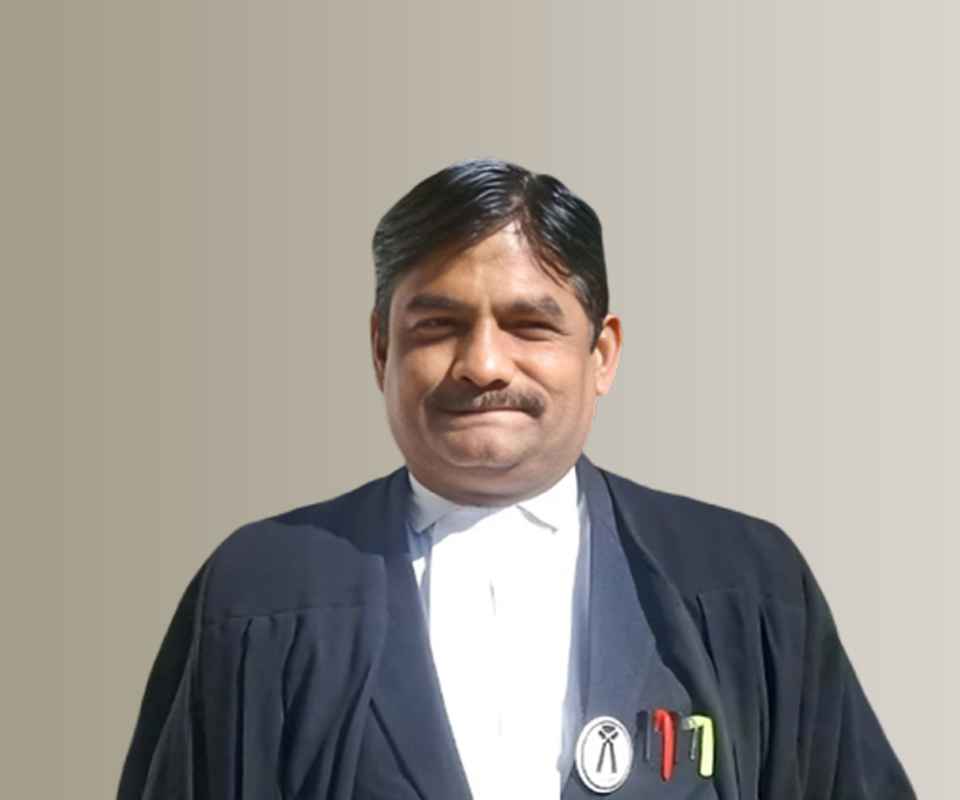Answer By law4u team
During a traffic stop, the police have the authority to stop a vehicle and request documents or information from the driver. However, this authority is not unlimited, and drivers have specific rights during such encounters. It is important to understand these rights to ensure the interaction remains lawful and respectful. If a driver feels their rights are being violated, they must know the appropriate steps to take.
Legal Rights of the Driver During a Traffic Stop:
Right to Know the Reason for the Stop:
When a police officer stops a vehicle, the driver has the right to ask why they were pulled over. The officer is obligated to provide a reason, whether it's a traffic violation (e.g., speeding, running a red light) or for a routine check (e.g., random document verification, sobriety check).
Right to Remain Calm and Silent:
Drivers have the right to remain calm and silent if they choose to do so. While the officer may ask for information or clarification, you are not required to answer questions beyond providing basic information such as your name and license number. Right to remain silent is a core part of constitutional protections in many jurisdictions, though it may vary by country.
Right to Refuse Search (Without a Warrant or Probable Cause):
In many jurisdictions, unless the officer has a valid warrant or probable cause (reasonable suspicion of criminal activity), the driver has the right to refuse a search of their vehicle. Police can search your car if they have consent, probable cause, or if the search is related to an arrest. However, simply being pulled over does not give them unrestricted access to your vehicle.
Right to Ask for Identification:
Drivers have the right to ask the officer for identification if they are not in uniform or if the situation feels suspicious. Officers must provide their badge number or identification upon request.
Right to Be Informed of Any Tickets or Fines:
If a driver is issued a ticket or fine, the officer must inform them of the specific violation. The driver has the right to contest the ticket or dispute the fine in court if they believe the violation was unwarranted.
Right to Not Be Harassed or Discriminated Against:
Police officers are prohibited from engaging in discriminatory conduct based on race, gender, religion, nationality, or any other protected characteristic. If a driver feels they are being harassed or discriminated against during the stop, they have the right to report the officer’s behavior.
Right to Record the Interaction:
In many places, individuals have the right to record the interaction with police during a traffic stop, provided it does not interfere with the officer's duties. The driver can use a mobile device or other equipment to document the encounter for their protection. However, they should not obstruct the officer or act in an overly disruptive manner.
Right to Receive a Receipt for Confiscated Documents:
If the police seize any documents, such as the driver’s license, registration, or insurance papers, they are required to give a receipt indicating the document(s) taken, the reason for confiscation, and how to retrieve them.
How to Ensure Your Rights Are Respected:
Cooperate with the Officer, but Know Your Rights:
While it is crucial to cooperate with the officer and follow instructions (such as showing your driver’s license and registration), you should also be aware of your rights. If you are not comfortable with the search, politely let the officer know that you are exercising your right to refuse unless they have probable cause or a warrant.
Be Polite and Calm:
It is important to remain calm and polite during a traffic stop. Aggression or hostility may escalate the situation, leading to unnecessary complications. Even if you feel your rights are being violated, avoid confrontation. You can always address any issues legally after the stop is over.
Avoid Physical Contact:
Never make sudden movements or exit your vehicle unless instructed to do so by the officer. Sudden actions may be perceived as threats. Keep your hands visible and on the steering wheel while speaking with the officer.
Request to Speak to a Superior:
If you believe your rights are being violated, you have the right to request to speak with a supervisor or a senior officer. You can also request to file a complaint after the stop if you feel the interaction was improper.
What to Do If You Feel Your Rights Are Violated:
Do Not Resist:
If you feel your rights are being violated, it is important not to resist or argue with the officer. Violent or aggressive resistance can lead to arrest or more serious consequences.
Document the Incident:
If possible, document the interaction. If you were wrongfully detained or harassed, a written account of the events, along with any evidence such as video recordings, can be valuable in filing a complaint.
File a Complaint:
After the incident, you can file a formal complaint with the police department or the relevant authorities. If you believe there has been misconduct, this is an essential step. Most police departments have protocols in place for investigating complaints related to officer behavior.
Legal Recourse:
If necessary, seek legal counsel. A lawyer can guide you through the process of filing complaints, challenging wrongful tickets, or pursuing legal action if your rights were violated.
Example:
Imagine being pulled over by a police officer in California for a suspected speeding violation. The officer asks for your license, registration, and insurance documents. You can politely provide these documents but also ask the officer for the reason for the stop. The officer explains the violation, and you can choose to remain silent regarding any further questions (such as where you were going). If the officer attempts to search your vehicle without consent or probable cause, you can politely refuse and inform them that you are exercising your right to not be searched unless they have a warrant.
If you feel that the officer is being discriminatory or unreasonable, you can later file a complaint with the police department or consult an attorney.
Conclusion:
Drivers have several important legal rights during a traffic stop, from knowing the reason for the stop to refusing unlawful searches. By staying calm, respectful, and aware of these rights, drivers can ensure their interactions with the police remain fair and lawful. If they feel their rights are violated, there are procedures for filing complaints and seeking legal recourse.







